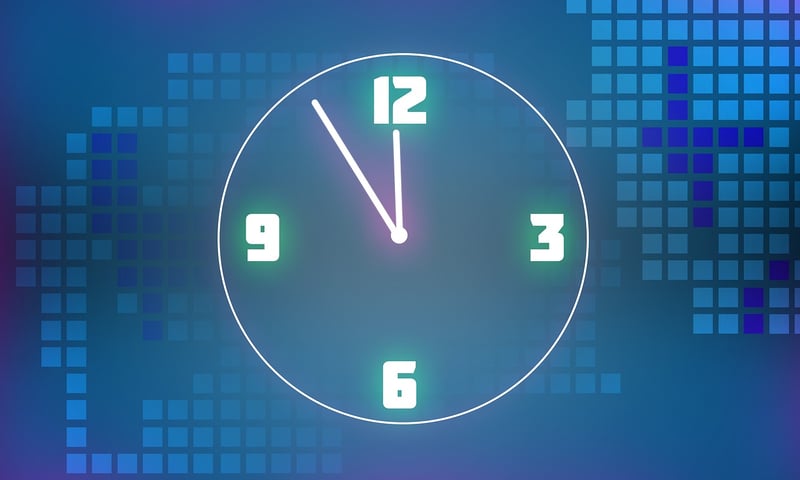Novikov Self-Consistency Principle
The Novikov Self-Consistency Principle and Understanding Time Rules
Time travel has long been a fascinating concept in science fiction, but it also sparks curiosity and debate in the realm of theoretical physics. To delve into the intricacies of time travel, we need to understand the fundamental principles that govern time and its potential manipulation. One such principle that plays a crucial role in the theoretical framework of time travel is the Novikov Self-Consistency Principle.
Time Rules
Before we explore the Novikov Self-Consistency Principle, let's first establish some basic time rules that underpin our understanding of temporal dynamics:
- Causality: Events in the past influence events in the future, following a cause-and-effect relationship.
- Arrow of Time: Time flows in a single direction, from the past to the future, as indicated by the second law of thermodynamics.
- Relativity: Time is not absolute but is relative, depending on the observer's frame of reference, as described by Einstein's theory of relativity.
Novikov Self-Consistency Principle
The Novikov Self-Consistency Principle, proposed by Russian physicist Igor Novikov, posits that any actions taken by a time traveler in the past were part of the past all along. In other words, this principle asserts that time travel cannot create new timelines or alter the course of events but instead ensures a self-consistent loop of events.
According to the Novikov Self-Consistency Principle, any attempt to change the past would either be impossible or would result in actions that were integral to the past as it had already occurred. This principle avoids paradoxes like the famous grandfather paradox, where a time traveler going back in time inadvertently prevents their grandparents from meeting, thereby preventing their own existence.
By adhering to the Novikov Self-Consistency Principle, the timeline remains self-consistent, avoiding contradictions and maintaining a stable framework of cause and effect.
Conclusion
While the concept of time travel remains a subject of speculation and theoretical exploration, principles like the Novikov Self-Consistency Principle provide a foundation for understanding the complexities of temporal dynamics. Whether time travel will ever become a practical reality or remain confined to the realms of science fiction, these principles offer insights into the potential rules that govern the fabric of time itself.
For more fascinating insights into the world of theoretical physics and time travel, continue exploring the wonders of the universe and the mysteries of time.

Image Source: Pixabay
